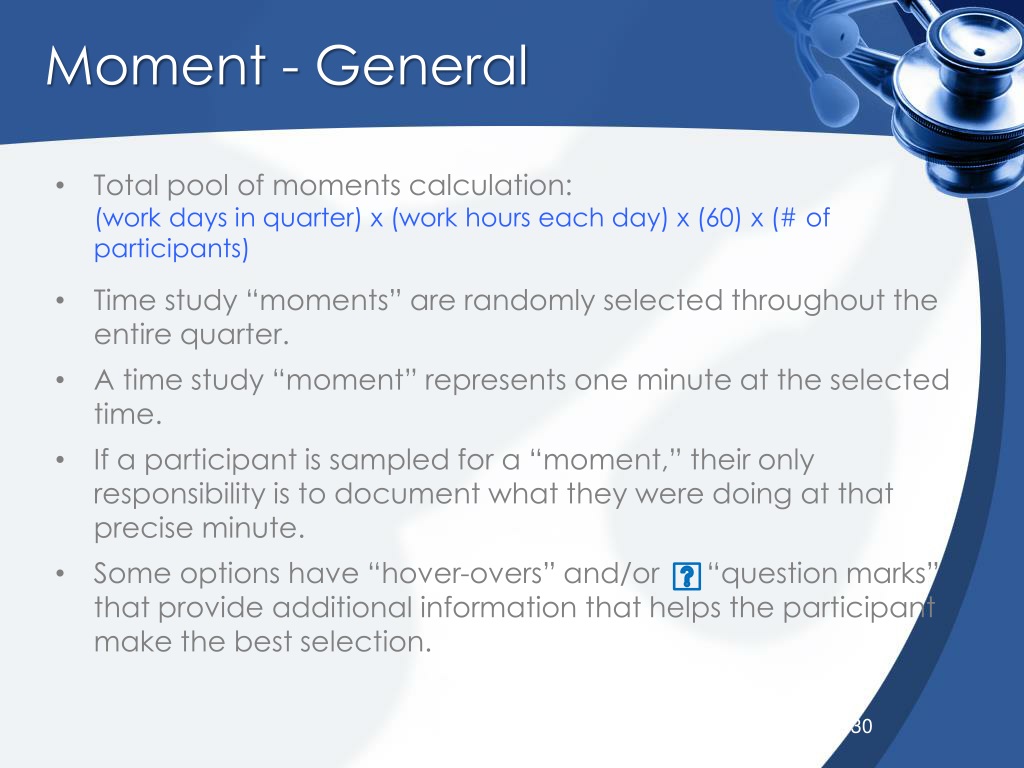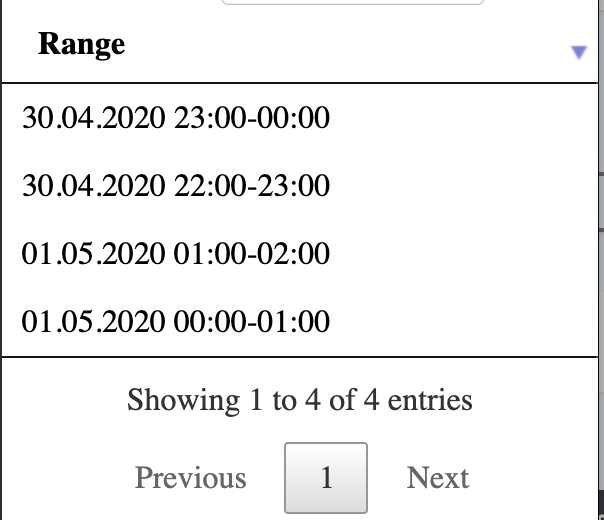
Moment.duration(m2.diff(m1)).humanize( true) // 'a minute ago' For example: const moment = require( 'moment') Ĭonst m1 = moment( new Date( '1 2:04:03')) Ĭonst m2 = m1.clone().add( 59, 'seconds') Ĭonst duration = moment.duration(m1.diff(m2)) ĭuration.humanize( true) // 'in a minute' The moment.diff() function returns a Moment duration object that represents the difference between two moments.
#Moment format how to
Here's some common date formats and how to express them in Moment format strings:

Do: Day of the month with numeric ordinal contraction '1st'.MM: Month of the year, zero-padded '06'.Below are some commonly used formatting tokens for dates:

Or 'd' that Moment knows to replace with a part of the date, like the year or theĭay of the month. The format() function takes in a string and replaces all instances of tokens with the corresponding date value. Human-readable format: const moment = require( 'moment')

For example, here's how you would convert a YYYY-MM-DD string into a more Moment is the de facto choice for converting dates to neatlyįormatted strings in JavaScript, although some people opt out of using Moment to reduce bundle size. The built-in toLocaleString() function's options syntax is limited and filled with odd quirks. But most JavaScript developers would consider that masochism.


 0 kommentar(er)
0 kommentar(er)
